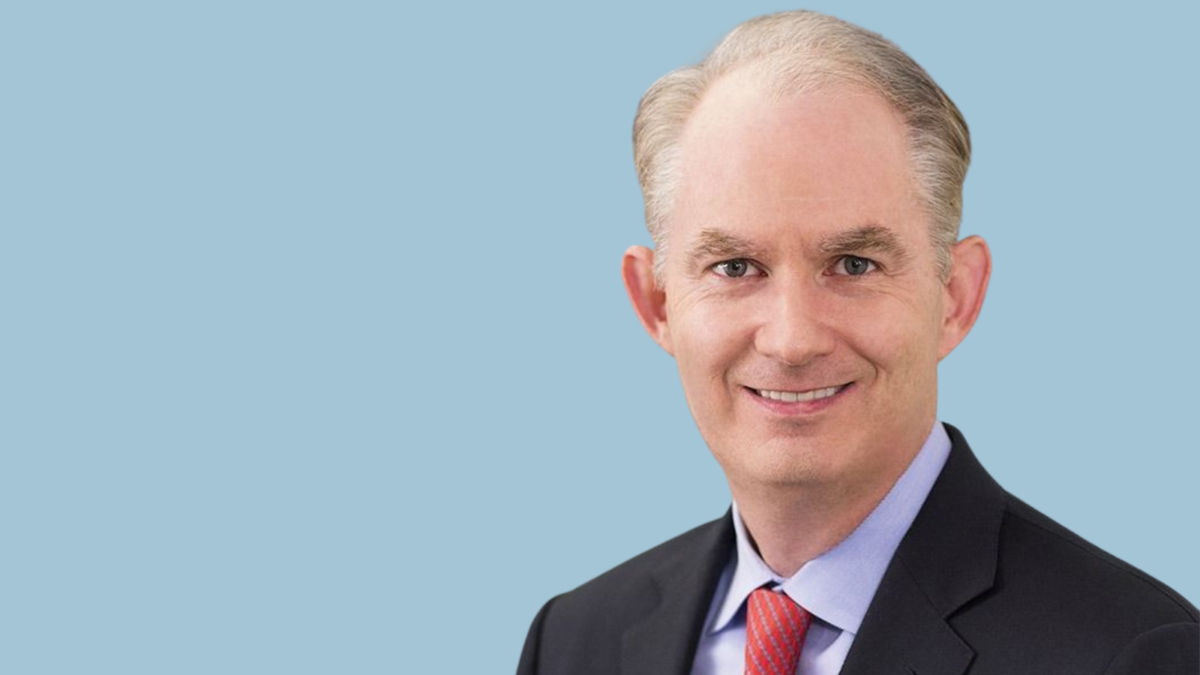De-moated fund managers face squeeze as flow growth slows
The Broadridge paper says just 10 per cent of fund managers – a mix of large incumbents and smaller challenger firms – across the world captured almost two-thirds of the total US$14.4 trillion of net flows during the five years to the end of 2021 in a trend that spells tough times ahead for those slow to adapt.
Broadridge (headed up Tim Gokey, photo at top) says that over the five-year period the remaining 90 per cent of asset managers “haven’t been able to break out of their weaker competitive positions, and consequently have tumbled down league tables”.
“Total industry organic growth-net new flows compared to existing assets under management-will slow from 3.9% compounded annually during the last decade to 1.7% for the next 10 years, further underscoring the oversupply of vendors and challenging the market share of current incumbents reliant on outmoded capabilities and plateauing markets,” the paper says.
Both the winning mega-managers and fast-growing challenger firms have succeeded on the back of four competitive qualities, namely: faster product development; better distribution; more flexible delivery; and, stronger brand-building.
“There are too many asset managers supplying the industry,” the paper says. “Until now, organic growth across a wider range of products and markets, coupled with bull markets, has allowed more firms to accrue enterprise value without having to fight others for it.”
“The moats around incumbents, narrow to begin with, are disappearing. Built on benchmark-oriented performance – necessary but not sufficient with an increasing array of investment needs – and legacy capabilities and clients, many larger asset managers are watching their market share and enterprise value stagnate or fall.”
In spite of slowing organic growth-rates, nominal net fund flows should still total US$18 trillion over the decade to the end of 2031 compared to US$17 trillion during the previous 10-year period. And the overall asset pool could swell to almost US$180 trillion by 2031 from US$97 trillion at the end of last year as an estimated US$61 trillion of capital growth adds to net flows.
But if current trends continue only a handful of large firms (22 control more than half assets under management today) and successful challengers (a group of just 52) stand to benefit the most, Broadridge says. The paper says during the five years to the end of 2021 “the vast majority [1,000 plus] of industry players, relied mostly on capital markets to fuel any growth (if they grew at all).
“Many tumbled due to one of two reasons: over-diversification through organic and inorganic expansion into areas where they lacked competitive advantage, or overstretching resources when quick wins were not feasible.”










